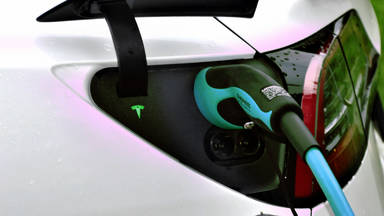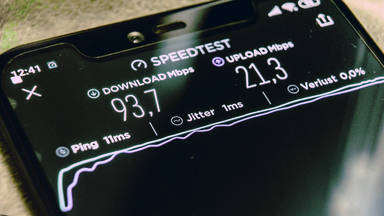
A combination of civic sense, kindness and technology can really make a difference in the case of major natural disasters. This is demonstrated by one of the most famous car manufacturers in the world, Nissan, which is collaborating with several Japanese local administrations to use electric cars as real emergency shelters and as an alternative energy source in areas hit by earthquakes and tsunamis.
According to Japanese media reports, Nissan is willing to organize a public event during which it will offer volunteer families the opportunity to spend the night in Nissan Leaf, the world's second best-selling electric car after Tesla Model 3. The test will allow people to become familiar with this very particular type of refuge and helps them simulate the experience of a night in emergency situations.
Up to 4 Days of Energy
According to Nissan, Leaf can additionally be used as a power source to power homes in case of a power outage: a fully charged Leaf could provide up to 4 days of energy supply for a standard apartment.
To have an experimental run for this project, the city of Nerima, on the outskirts of Tokyo was selected by Nissan. They began equipping local police with electric cars and implementing a system by which citizens who own an electric vehicle can choose to make it available for free to those who need it in the event of a disaster.
This is not the first time that the idea of using electric cars as an alternative emergency source of energy arises nor is it limited to Nissan. Back in 2016, Mitsubishi had supplied its battery-powered cars to the victims of Kumamoto earthquake, in the southern part of the country.
In another instance in 2017, Tesla enabled a free software upgrade for vehicles extending battery ranges for owners fleeing Hurricane Irma in Florida. Additionally, Tesla provided the same benefit plus free Supercharging to owners escaping Hurricanes Michael and Florence on the East Coast in 2018.
Unfortunately, the solution will not be immediately available on a large scale since in Japan electric vehicles are only 0.2% of the circulating fleet. But the trend of replacing conventional cars with smart electric equivalents is promising a better future both for environmental reasons and saving lives in emergency conditions.









